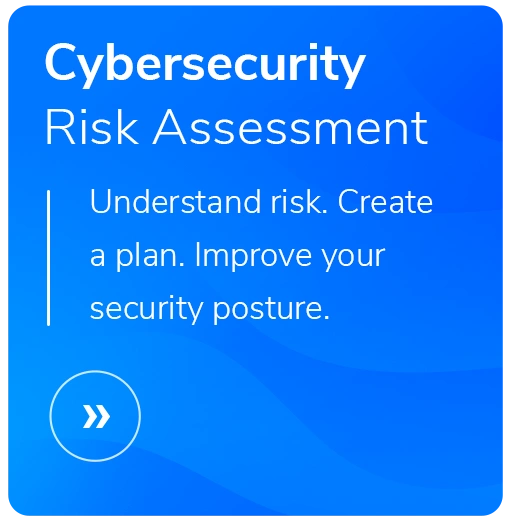9 Tips for Preventing Ransomware
- Written by: Trevor Meers

Ransomware is rapidly becoming everyone’s problem. If all the recent headlines have provided the wake-up call you need, we have the tips to help you prevent ransomware. Here's what you can begin doing today:
1. Patch Your Systems
A lot of IT leaders focus their battle against ransomware around stopping zero-day threats. But digest this fact: One recent analysis showed that almost two-thirds of system vulnerabilities involve bugs that were identified two years ago. That literally means that the majority of your vulnerabilities are already solved if you just make the effort to use available patches. Hackers love to grab low-hanging fruit. Don’t let them find it on your system. Get a vulnerability scan and then address the gaps.
2. Use Proper Port Settings
Leaving certain port settings open unnecessarily gives hackers an easy gate into your system. CIS Controls 9 and 12 offer information on some common settings to check.
3. Actively Monitor Your Systems
If a ransomware actor does get a toehold in your system, spotting it immediately lets you shut down the breach before things get out of hand. IBM reports that it takes 280 days to identify the average breach. You can do a lot better. The latest defense is a Managed Extended Detection and Response solution that constantly monitors activity, uses artificial intelligence to recognize multiple different acts as a brewing attack and actively steps in to shut down suspicious activity.
4. Segment your systems
By effectively isolating/air-gapping various parts of your system, you limit how far ransomware hackers can get if they penetrate one part of the network.
5. Limit Each User’s Access
Similar to the previous point, implementing a policy of least-privileged access and Identity and Access Management means you keep hackers from getting into your entire system if they compromise one user’s credentials.
6. Have a Robust Backup Strategy
Even if ransomware locks up your data, an effective backup of your data lets you quickly restore operations. Test the backup often to ensure it’s doing its job.
7. Plan Ahead
A detailed incident response plan helps everyone know what to do to limit the damage when you get a notice that you've been hit by ransomware. Breach costs are 38% lower for companies that have an IR plan in place before the breach.
8. Train Your Team—And Keep Training Them
Ransomware frequently gets onto a system when a user clicks a bogus e-mail link or falls for social engineering via text messages. Engaging every member of your team in cybersecurity of how it keeps the business running—will provide one of the best defenses. Provide regular training on the latest tricks in phishing and other social engineering tactics.
9. Get an outside opinion
An IT risk assessment, vulnerability scan and penetration testing all provide essential checks on your current cybersecurity posture and point to critical remediations you need to make.
Along with making your system more secure, these steps will almost certainly help you get a lower cyber insurance premium at a time when rates are rapidly increasing.
The Government's Response to Ransomware
The U.S. government is also stepping up its response. President Biden issued an executive order in May aimed at, among other actions, strengthening software security in federal agencies and creating a federal board to investigate major breaches. The administration says it intends to shift the focus from incident response to incident prevention.
Dozens of states are working on new regulations to step up cybersecurity across several industries.
America continues to pressure Russia about its hacker-friendly climate since major attacks such as the JBS breach, the Colonial Pipeline attack and multiple others were almost immediately attributed to criminal organizations in Russia. But if you’re pinning your organization’s safety on the hope that Russia will crack down on hackers, you may also have a tendency to think vampires make excellent stewards of blood banks.
The fact is that the government can’t keep up. Hacking operations are well-run businesses employing some of the world’s best coders. They shift tactics constantly and engage in flexes like quoting your own cybersecurity policy back to you if you claim that you can’t afford the ransom they demand.
Contact HBS to find out how we can help get your ready to stop ransomware attacks before they strike.






